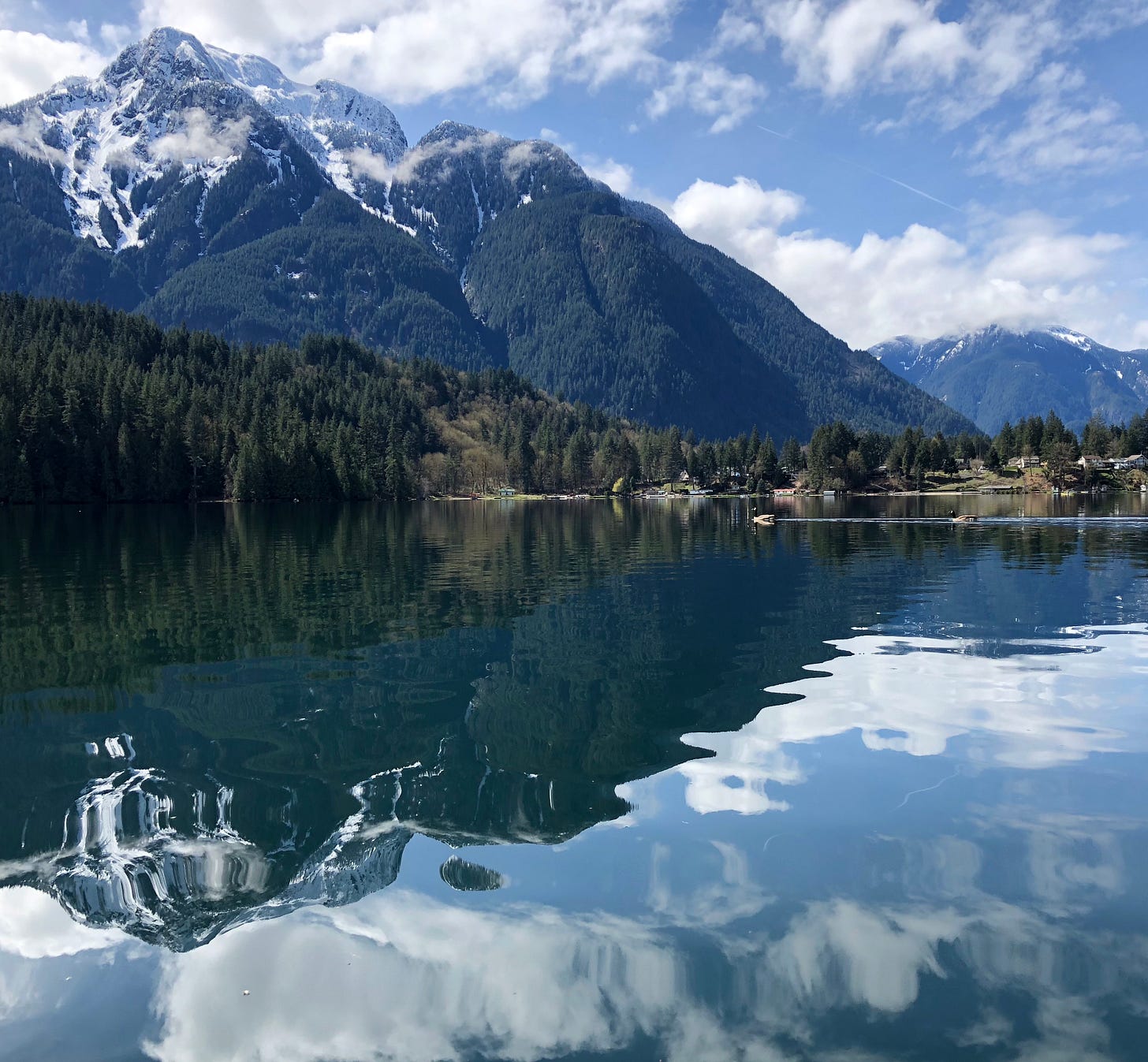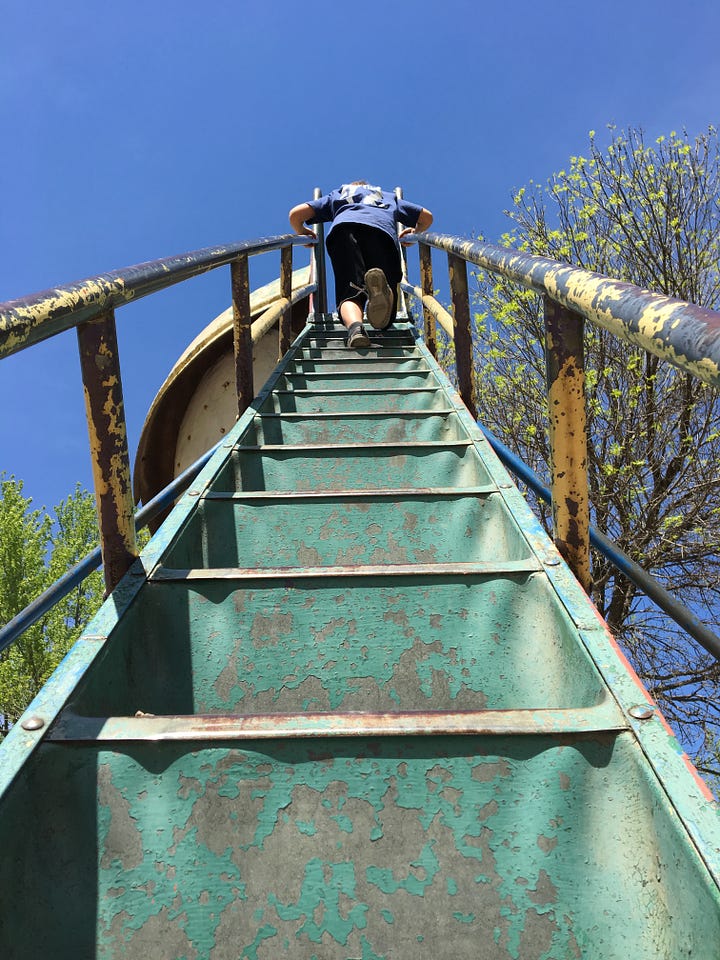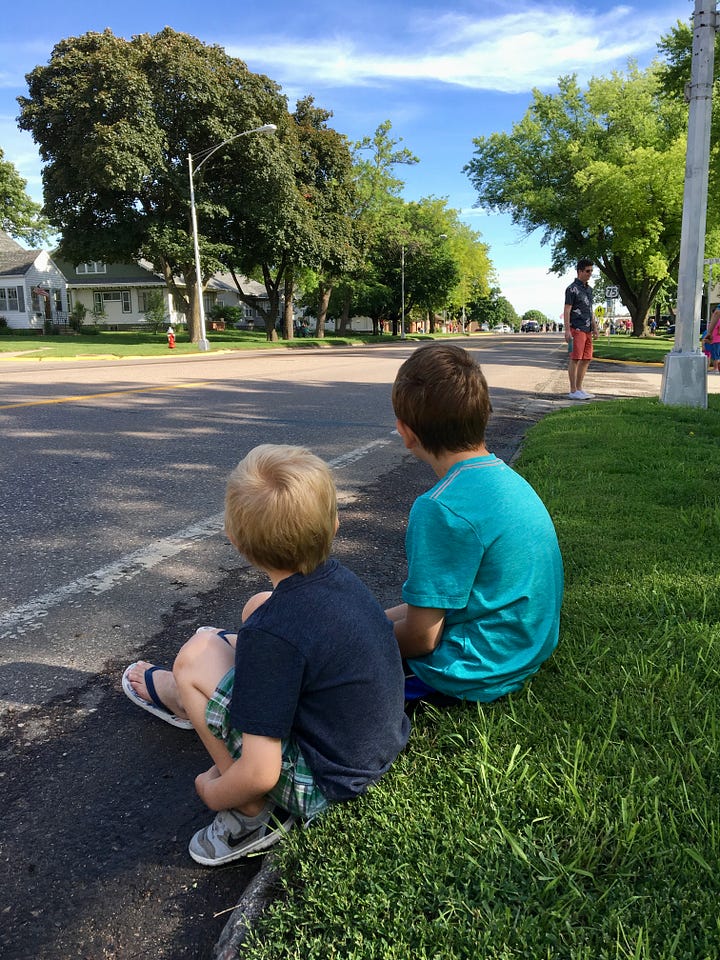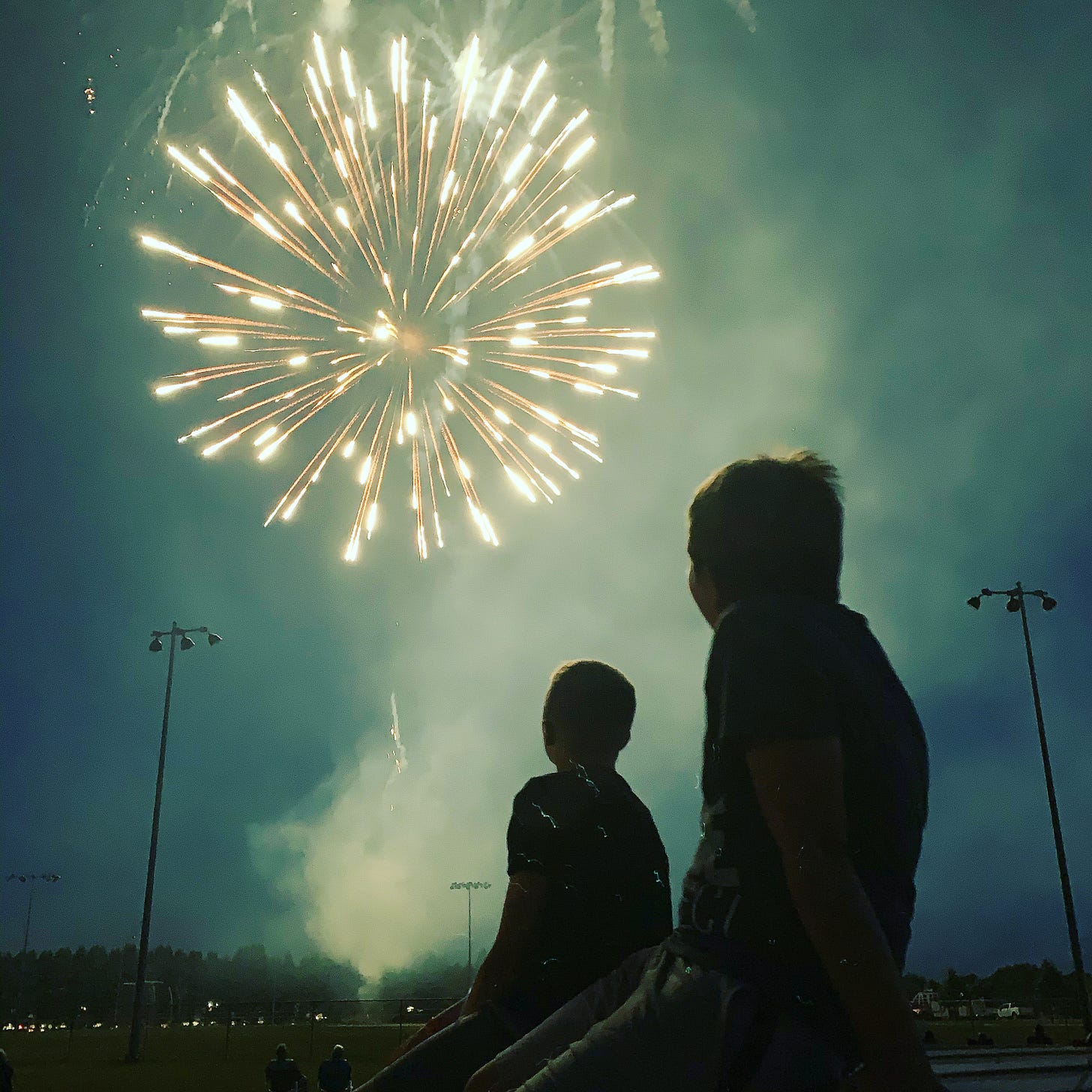We were living in Abbotsford, British Columbia when our oldest son was born. We loved it. The mountains, the ocean, and, come on, Vancouver—a world class and breathtakingly beautiful city—were only a short drive away. We camped and hiked, enjoyed cultural events, a variety of ethnic cuisines, and friends from quite literally all over the world. We didn’t want to leave. Until, all at once, we did.

In Canada, we lived in an old farmhouse on nineteen acres near the banks of the Fraser River. It was paradise, but I didn’t know how lonely I was until I went to get groceries one day. On the twenty-minute drive into town, my son (only a few months old) cried. But I couldn’t turn around and go home—we desperately needed groceries, not to mention diapers. So I hauled him to the nearest Safeway (still crying) and tried to keep the drizzle from soaking him through before we made it to the covered entrance. There, I realized I had forgotten a loonie for the shopping cart. I didn’t have the coin in my diaper bag, so I headed back to the car where I dug through the cupholders and under the seats until I found one. Then, back to the cart corral where I finally released a rusty chariot, wedged my son’s infant carseat inside, and hurried into the store. We were wet and cold, my back was aching from toting the awkward carrier, and he was still crying. As I rushed through the aisles trying to remember everything I needed, I found myself fighting tears, too. No one offered to help me. No one made eye contact or gave me a knowing smile. Not even the cashier had a word of comfort for a harried, exhausted, and obviously struggling young woman and her baby.
I don’t blame those people one bit. Part of the allure of a city is the anonymity, the ability to live and let live without feeling like you are in some way obligated to acknowledge and interact with the strangers you meet. And, to be fair, there were plenty of other times when the kindness of strangers on city streets and in busy, anonymous spaces touched my heart and made me glad to be human. Kindness exists everywhere. But for some reason (probably because my baby was crying and I looked like I was one minor inconvenience from falling apart altogether—ain’t nobody got time for that), no one saw me that day. I’m not sure I’ve ever felt so utterly alone.
For the first time in a very long time, I wanted to go home.


Home to the small town in Iowa where I regularly chatted with people over produce at the local Fareway. Where the guy at the meat counter knew my name and often my order. The place that promised at least two familiar faces in the aisles, friends from church or neighbors who I was happy to let rock my baby while I finished the last of my shopping in peace. At the very least, I knew I could count on a kind smile, a “cute baby” comment, and help from an attendant who would carry my groceries to my car and wish me a good day.
Maybe it’s stupid to use a grocery store experience to typify small town life, but (for those in the know) is there anything quite so “small town” and friendly as your local grocery store?
Psychologists are well aware of the importance of social interactions with strangers or people with whom we have “weak ties.” According to Gillian Sandstrom: “even the most casual contacts with strangers and acquaintances can be tremendously beneficial to our mental health.” (Why a Stranger’s Hello Can Boost Your Wellbeing) And, like it or not, that breezy, loose connection (smiling at strangers, waving at everyone you meet, offering a “Great weather we’re having!” comment) simply comes easier in small towns.
Growing up in a small town, I learned early on that I was a part of a whole, one tiny but important tile in the mosaic that made up my community.
People knew my mom from the city office (she was an administrative assistant there for much of my life) or went to school with my dad. They recognized me as “Gerrit and Jul’s granddaughter” (my mother’s parents) because those genes sure do run deep. I knew as a child that it was rude not to say hello when I met someone on the street, and when I was a new driver I perfected the “Midwest Wave”—a lift of one finger (or several) from the top of the steering wheel to every single car I passed. Perfunctory, yes, but also, well, friendly.
People in a small town often covenant with each other to watch out for their neighbors (intentionally or simply because proximity forces them to do so). We share spaces and resources, instinctively learning the patterns of the people we live, work, and play with so that there is a sort of homegrown and homemade safety net if and when something goes awry. Many years after we moved back to my hometown, I received a call from a stranger. My son (that same crying baby in a grocery cart) had fallen on his bike on his way to school. In the five blocks between our house and the elementary building, he wiped out and scraped his knee quite badly. But this person knew me, recognized my son, and used the first aid kit in her car to patch him up. “He’s okay and would like to go on to school, but I thought you might like to talk to him first.” She handed him her cellphone. “You okay, buddy?” I asked. He told me that his rescuer had cooler bandages than we did at home. Obviously, he was just fine. And he learned, whether or not he could articulate it at the time, that he belonged to a community where people were looking out for him. Where they cared.
I often get asked how I can stand it: living in a small town. Yes, it can be suffocating. It can feel like your every move is watched and catalogued, often silently judged. People bicker and gossip and fight. These things are all true. But it’s also an intricate network of connections that can be close and meaningful—sometimes because we only have each other, and sometimes because we choose to be a community. We’re here because, for better or worse, we want this. We want to live in a place where we are seen and known. Where we walk to the local coffee shop, our kids are free range, and if it’s cold and we just need a gallon of milk, we can leave the car running in the grocery story parking lot.
In a world where loneliness is reaching epidemic proportions, a small town can be a surprisingly lovely place to be.
Yes, it’s far from perfect (more on that next week), but it is also quite sweet. And yes, I do miss the mountains, the ocean, and my favorite restaurant on Commercial Drive (Havana). But this small town has been a good place for us to land. A haven.
A home.
Thanks for reading. xo - Nicole






Thanks, Nicole! I'm a life-long Iowan who regrets that I wasn't there to help with your baby in that Alaskan grocery store! Also sad that our rural communities are dwindling because industrial agriculture has taken over from the small farms like the one where I grew up.
I’m too, grew up in an Iowa small town -- it doesn’t even have a zip code anymore! And I experienced it the way you did. But now I live in a very large Canadian city and experience supportive community around me here as well. Many people in my neighbourhood know my name -- or at least recognize and say hi to me on the street. I am very sorry you experienced such loneliness in Canada. It is not like that everywhere.